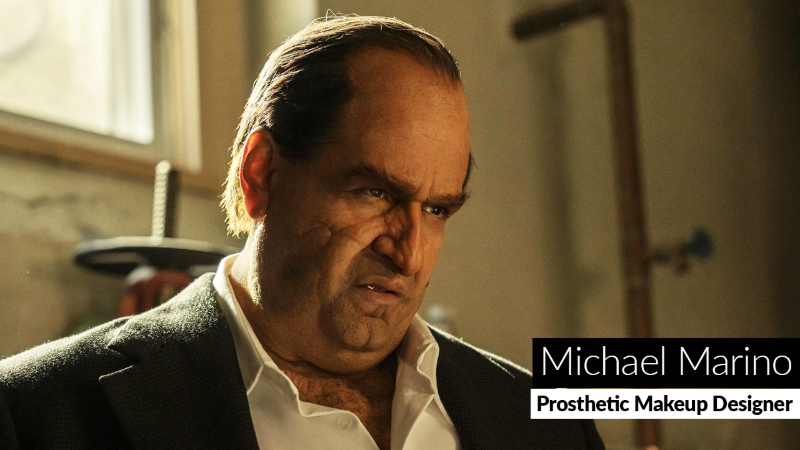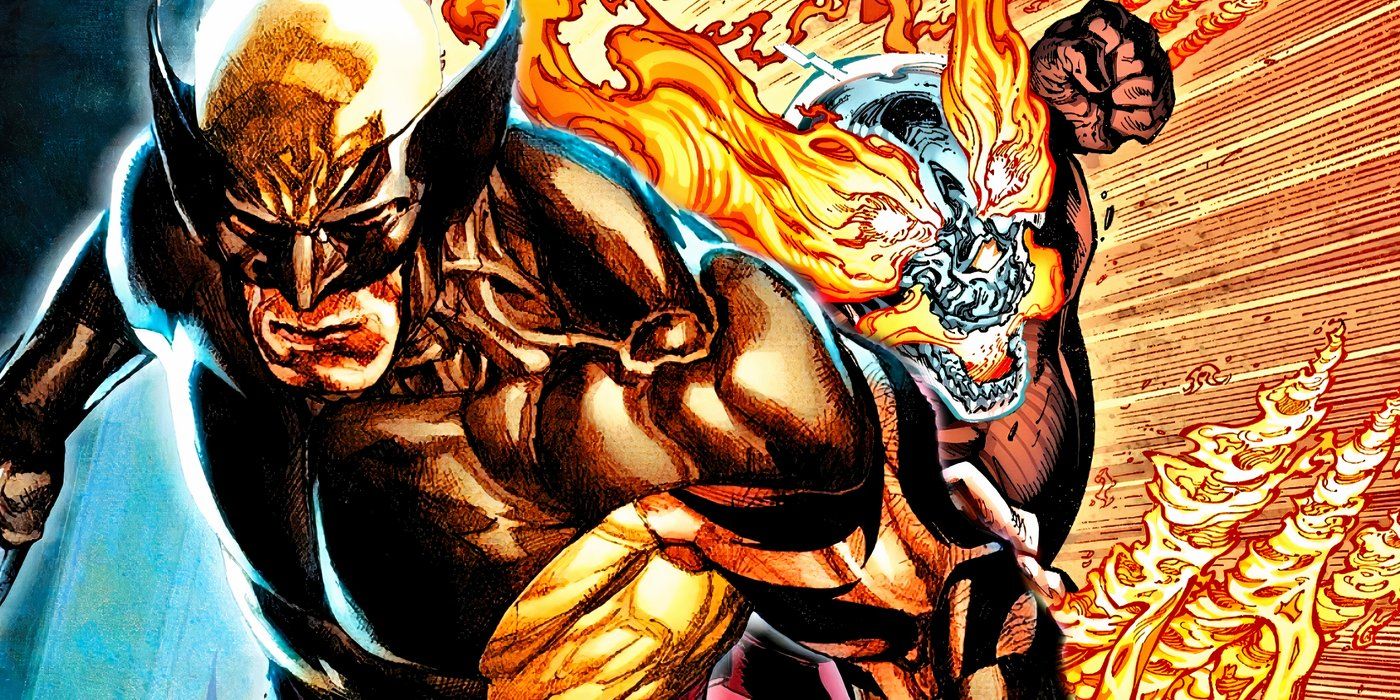There was a moment on the set of director Matt Reeves’ film “The Batman” that “freaked everyone out,” recalled prosthetic makeup designer Michael Marino. That haywire instance was Colin Farrell walking around and saying hello to the cast and crew as the Penguin.
“Everyone started talking about how they wished there could be more scenes with him, but the script was locked,” Marino told IndieWire. Well, it turned out that Reeves was already in discussions with HBO brass about an Oswald Cobb origin story that would bridge the gap between “The Batman” and “The Batman Part II” (currently slated for an October 2026 release).
“The Penguin” made its HBO premiere in the fall of 2024 with Lauren LeFranc developing and running the compelling series, which tells the story of how Oswald (Farrell) seized power via an intimate character study that’s more crime drama than comic book. Expanding the Gotham world required meticulous attention and care from the series’ creative team — details that would carry over from the first Reeves film while pointing audiences in new directions.
Marino joined the series to solidify the established look he created for Oswald, adding to the unnerving character when the story called for it and adjusting other areas to accommodate a television schedule. Visual effects supervisor Johnny Han was also keen on the turnaround time. “I really believe in an iterative approach, where we work in big, broad strokes before we get too deep with it,” Han explained.
In the videos below, watch how prosthetic makeup designer Michael Marino, production designer Kalina Ivanov, and visual effects supervisor Johnny Han lit the fuse to one of the best television dramas of the year.
The Prosthetic Makeup of ‘The Penguin‘

Prosthetic makeup designer Michael Marino oversaw the ambitious task of transforming the movie star-handsome Colin Farrell into the sadistic Oswald Cobb, a look that required developing facial prosthetics, a bodysuit, wig, and dentures. It was a challenge Marino initially took on while filming “The Batman” and then fine-tuned for “The Penguin.”
Marino drew inspiration from real-life and fictional gangsters, like Fredo Corleone from “The Godfather,” while also including visual clues to Oz’s duplicity. “The character is a little bit like a two-face, he’s a liar. So I made one side of his face a little bit more crazy, and the other side of his face is a little bit more normal,” Marino told IndieWire.
Marino added further nuance via the details. “On this side of the face where his nostril is, I did a very subtle shape that mimics the beak of a penguin,” Marino explained. “It’s very, very subtle, but these subtleties a viewer sees subconsciously.”
The team also took on the task of designing a prosthetic clubfoot, which is a birth defect that causes a foot to turn in and under, making it difficult to walk, as well as a full prosthetic body suit for a nude scene that sees Oz tied to a chair. “We all built this whole thing,” said Marino. “He gets in like pants and a shirt kind of thing, and arms. And then the makeup is glued and connected to the neck and all these thousands and thousands of hairs are all over the body.”
Watch the video above to learn how Marino and his team used prosthetics and practical makeup techniques to bring Oswald Cobb to the small screen.
The Production Design of ‘The Penguin‘

“I would say the design lived between myth and reality,” production designer Kalina Ivanov told IndieWire about developing the detailed environments of “The Penguin,” which included constructing the gritty streets of New York, seedy underground clubs, sprawling cathedrals, and estates of the super-wealthy.
A daunting task in her work was fabricating the poorer neighborhood of Crown Point, which had been bombed and flooded by The Riddler (Paul Dano) in “The Batman” (2022). “The practical set was two blocks long, and it had a whole little patch of stores that were closed,” Ivanov told IndieWire. “We were able to create the businesses that Lauren [LeFranc] and I felt very important to show… And then, from the incredible research that we did on FEMA and Katrina, we created the piles of cars, the way the water would rush them, the way it piled them up, and then we also added the entire system of Katrina signage that tells you what is abandoned, what is contaminated.”
Ivanov also designed sets for Oswald’s backstory, which is shown through a number of flashbacks, including one at a jazz club with his mother Francis (Deirdre O’Connell). “We found this club that had the stage and a very modern bar, so we covered the murals with drapes and we built the columns in that. I can use the Henri Rousseau paintings because they are very naïve, and there’s always a predator lurking in them,” she said. “And I insisted on this gigantic chandelier because we needed to show another kind of destruction, and I felt the reverberations from the bomb can take the chandelier down. So I had carte blanche to completely transform the space, make it feel very appropriate to the jungle of Gotham.”
In the video above, find out how Kalina Ivanov conceptualized the city of Gotham in all of its glorious detail for “The Penguin.”
The Visual Effects of ‘The Penguin’

The motivation for visual effects supervisor Johnny Han and the VFX team was an “attention to detail,” which, for Han, made the “show shine.” The approach was to “match the visual tone and look of [‘The Mantman’]” that was “grounded and based in reality.”
In mapping the poignant scene where Victor (Rhenzy Feliz) watches the city’s seawalls crumble while standing on a rooftop, a dynamic blend of practical and visual effects fine-tuned the emotional moment. “We had a practical location for a lot of the scenes leading up to the event, and we wanted to just keep it really personal,” Han told IndieWire. “We then built the same set on stage to do our work with Victor and the bombs going off, and it’s not so important to see the bombs. It was important to hear the bombs and to feel the light of the bombs. We put all these 10K tungsten lights because we were really big on getting the fiery color temperature of those lights.”
Showing the flooding streets was “done in-camera” with a subdued tone to the action. “We ran it as one long shot. It’s always more expensive to do it that way, but that way, it was truly a continuous simulation, like a piece of footage to give the editor,” Han explained.
Illuminating the final sequence of the series as Oswald dances with his girlfriend Eve (Carmen Ejogor) required the creation of an entire digital building and surrounding environment. “It’s a CG build of that hotel, super detailed. Live-action Oz, live-action mid-ground city, CG and map painting, distant city, Bat signal and sky, that was all hand-painted so that we could tweak it perfectly,” Han said of the stirring scene that suggests the Caped Crusader is not far away.
Watch the video above to see behind-the-scenes footage of how the visual effects department realistically grounded the complex visuals of “The Penguin.”

 1 week ago
3
1 week ago
3

















 English (US) ·
English (US) ·